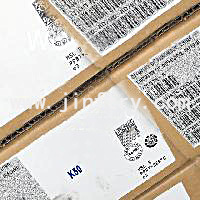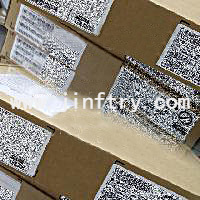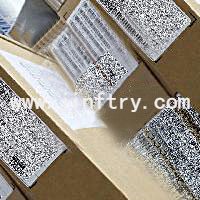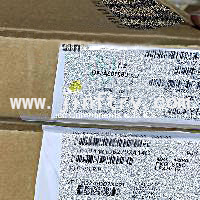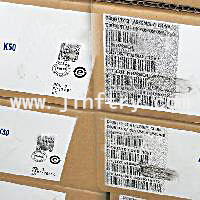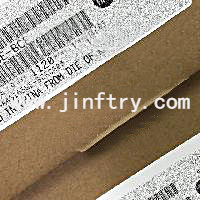Rectangular connector: its types, advantages and working principle

What is a rectangular connector?
Rectangular connector is a kind of connector used to connect electrical equipment, which is basically rectangular in shape and has a basically rectangular mating surface, and is also an important category in the connector family. There are many varieties and specifications, and they are also widely used.
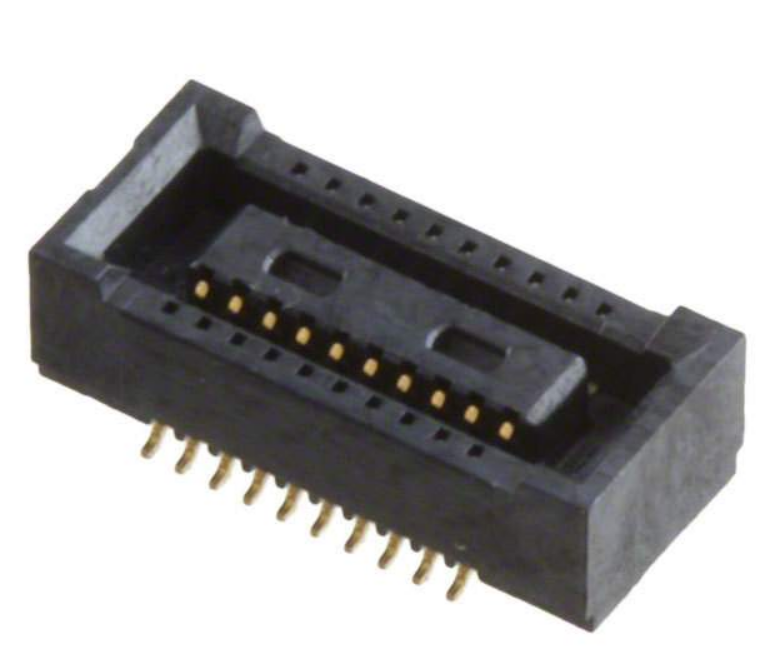
How do rectangular connectors work?
The principle of rectangular connectors is to make an electrical connection using the metal contact between the plug and the receptacle. The socket has neatly arranged metal terminals, and the plug has a corresponding number of pins corresponding to it. When the receptacle and plug are properly mated, the pins can be connected to each other and form a path. Rectangular connectors also have the characteristics of waterproof, dustproof, shockproof, fireproof, etc., and can adapt to various harsh environments.What are the functions of rectangular connectors?
The main functions of rectangular connectors are connect and transmit high-speed and high-frequency signals, high-current, and overload power supplies. These connectors feature a gasket that protects against dust and water in highly contaminated environments. In addition, some models of rectangular connectors are designed with metal housings that can withstand high voltage, high heat, and other harsh environments.
Advantages of rectangular connectors
1. Easy connection and compact structureThe rectangular connector adopts a plug-in design, which has stable contact performance, which can ensure the reliability of the circuit connection, and compared with the traditional soldering method. Rectangular connector can be easily removed and replaced without damaging the circuit board, improving the convenience of repair and upgrade.
The rectangular connector adopts high-quality materials and precision technology, with low contact resistance and excellent anti-interference ability. Which can effectively reduce signal loss, improve the transmission efficiency and signal integrity of the circuit, so as to ensure the stable operation of the equipment.
Rectangular connectors usually have excellent anti-interference performance and can adapt to various harsh environments, such as high or low temperature, humidity, vibration, etc. It makes rectangular connectors have a wide range of application prospects in industrial, automotive, aerospace and other fields.
The design and application of rectangular connectors greatly improves the production process of electronic products, simplifying mass production, while also facilitating repairs and upgrades, and increasing design flexibility.
Rectangular connectors have a very long service life and can be used for a long time without the need for replacement.
The rectangular connector is very resistant to interference and can effectively prevent the influence of external electromagnetic interference.
What are the types of rectangular connectors?
According to the production standards, there are mainly the following types of rectangular connectors:1. In the past, it was mainly produced by enterprises affiliated to the Ministry of Electronics Industry with CA, CB AND CD rectangular connectors.
2. Now it is used more, mainly by the Ministry of Electronics enterprises produced by the CH type rectangular connectors.
3. J-type rectangular connectors, mainly produced by enterprises affiliated to the Ministry of Aviation and Aerospace.
4. Rectangular connectors produced according to the national military standard (GJB).
In addition, according to the performance and structural characteristics, there are non-sealed, sealed, high and low voltage mixed type, high and low frequency mixed type.
What are the three types of rectangular connector housings?
In terms of the classification of rectangular connector housings, there are generally three types:1. Aluminum cooler shell
The rectangular connector of this shell has a variety of pitch products, and the common specification types are 9.15mm and 1.27mm pitch products.
2. Full Speed Housing
The rectangular connector of this housing is also available in a variety of pitches.
3. Extended Shell
The rectangular connector of this shell not only has a variety of specifications and spacing to choose from, but also can be developed differently according to the needs of customers, which provides customers with considerable convenience.
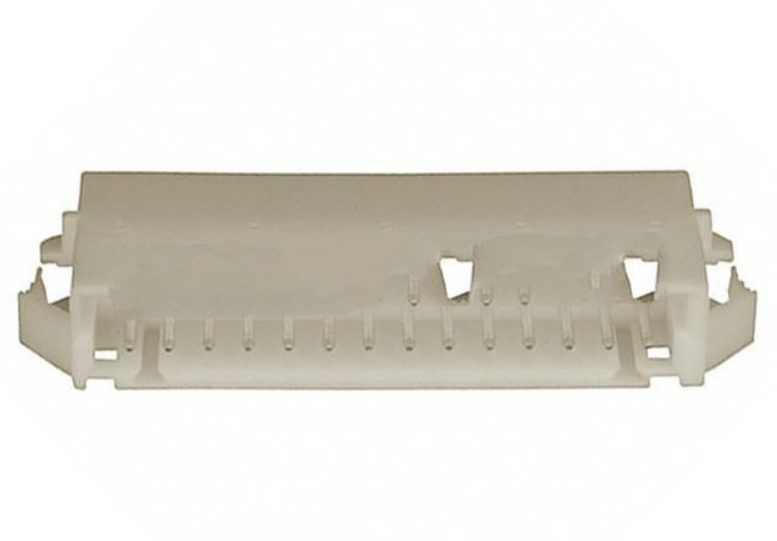
What is the difference between a rectangular connector and a circular connector?
Differences in structural formsRectangular connectors: Rectangular connectors typically have a square or rectangular appearance shape with a right-angled edge. They usually have multiple pins or pins that are used to make electrical connections, while the connector itself is shaped like a receptacle.
Circular connectors: Circular connectors have a circular or semicircular appearance shape with no right-angled edges. They usually have ring-arranged pins or pins for electrical connections.
Rectangular connectors: Rectangular connectors are often used in scenarios that require high-density connections or various signal transmissions, such as circuit board connections for electronic devices, computer interfaces, industrial automation equipment, etc.
Circular connectors: Circular connectors are typically used in scenarios that require waterproof, dustproof, impact-resistant, high-reliability, and harsh environmental conditions, such as aerospace vehicles, military equipment, medical equipment, and more.
Rectangular connectors: Rectangular connectors typically have a higher connection density and can support more pins or pins. They typically offer ease of plugging, unplugging, cabling and servicing, and can meet high signal transmission requirements.
Circular connectors: Circular connectors generally have better protection and are able to provide better resistance to water, dust, impact, and corrosion. They are typically designed to be simple, robust and reliable, and suitable for long-term operation in harsh environments.
How should I choose a rectangular connector?
1.Check whether the surface of the connector is flat, no cracks, no bubbles, etc. A good rectangular connector should have a neat appearance, smooth surface, no obvious scratches and wear. If there is, it means that there is a problem with the quality and production process of the connector, it is not recommended to buy.
2. Conduct a connection test and directly check the stability and reliability of the connector, so as to ensure that the connector we purchased is indeed usable and there are no other problems.
3. Test the performance and electrical parameters of the connector through professional testing equipment.
4. Check the material of the connector, a good rectangular connector should use high-quality copper and environmentally friendly plastic, which can ensure the electrical performance and durability of the connector.
5. Check whether the contact point of the connector is smooth, whether there is obvious oxidation and corrosion, this is to ensure the conductivity of the connector, if so, it is not recommended to buy.
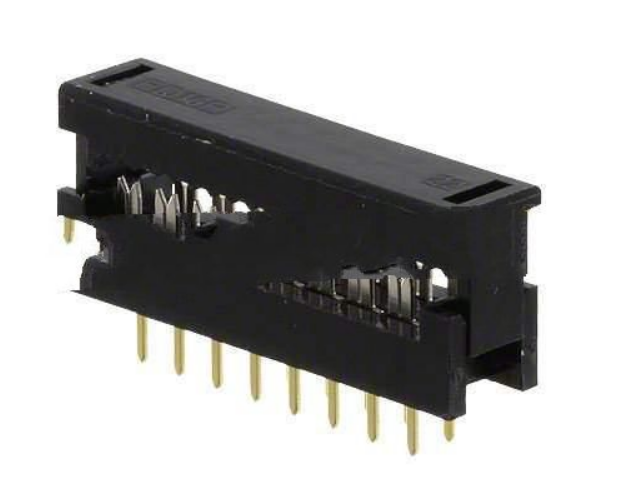
What are the precautions when using rectangular connectors?
1. In order to ensure the reliable connection of the product, ensure that the connector is plugged well during use. If there is an abnormality during insertion, do not force it to insert it.
2. Connectors that are not inserted in place or not locked cannot be powered on.
3. The derating of the main technical parameters of the product (refer to the rectangular connector product sample manual) should be clarified according to different application conditions to improve the reliability of use.
4. The rectangular electrical connector is a short shell form of connector, which does not have the function of anti-oblique insertion, and should be inserted in the direction first and then slowly pushed in. Because it is necessary to give the twist needle an automatic time to find the position, it is recommended to pay attention to the observation with your eyes when inserting or separating the connector. Operate carefully, prevent the product from transitioning and deflection, and try not to use the pulling out method of shaking left and right. In particular, excessive deviation at the moment of insertion or separation should be avoided, otherwise it may cause damage to pins, jacks, housings and other components.
5. During use, the force on the root of the cable should be avoided to prevent the cable from falling out or breaking.
6. For the sealed rectangular electrical connector products supported by glass insulators, the weld terminals should not be soldered at will, and they should not be shaken left and right when they are pulled out. Care should also be taken to handle with care.
7. For frequently plugged and unplugged applications, converters, adapter cables or anti-oblique connectors can be selected if necessary.
8. For connectors that require soldering, it should be avoided to damage the connector caused by too high temperature of the soldering iron or too long soldering time.
9. When placed, the connector should be plugged or installed with a dust cover.
The above is a detailed introduction to rectangular connectors, if you have other questions about rectangular connectors, please feel free to contact us.

